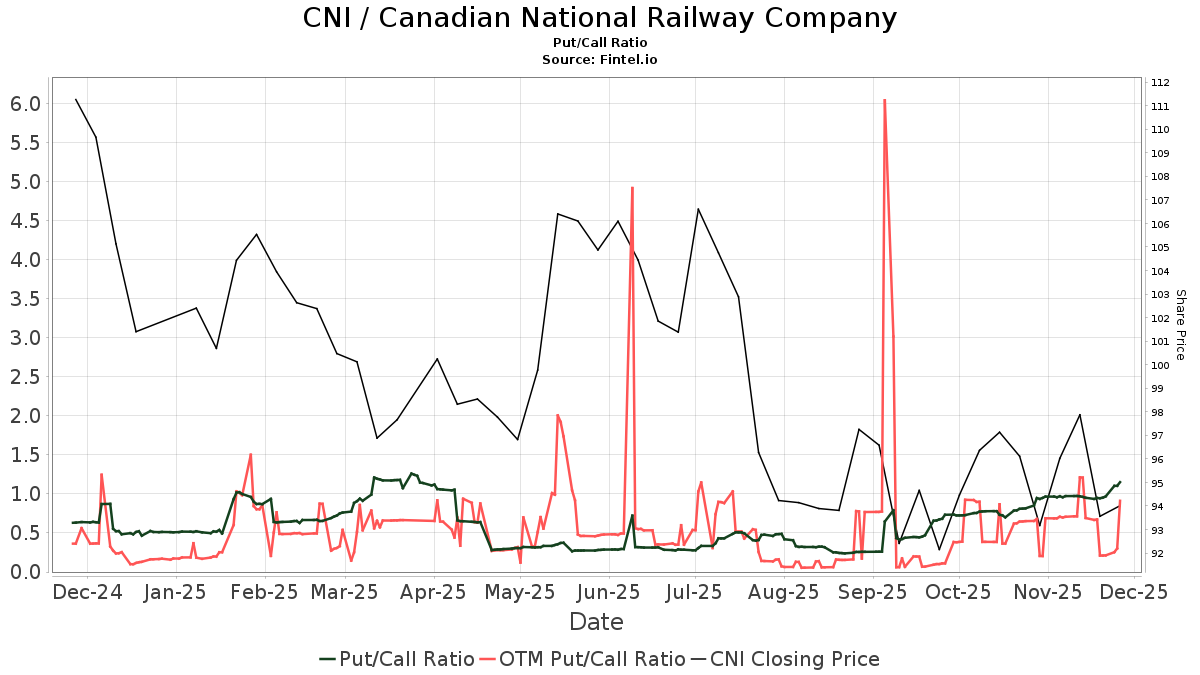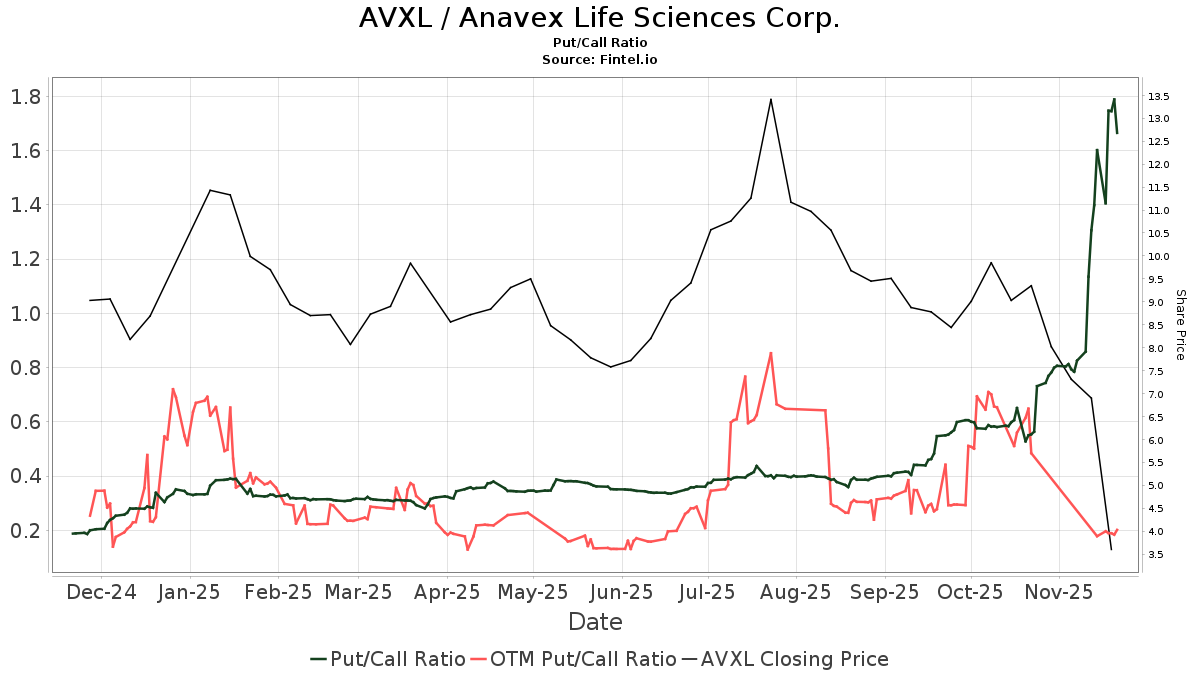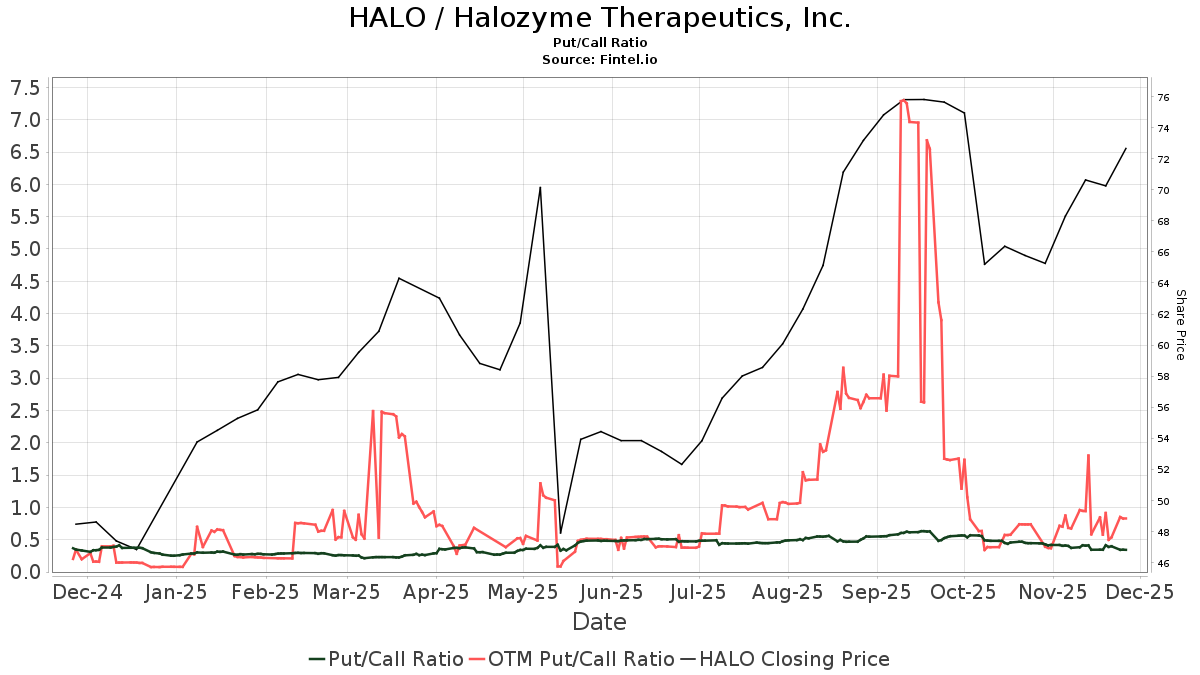Nvidia: Powerhouse in AI Chips with Promising Future
Nvidia (NASDAQ: NVDA) stock has surged in recent years and is set for over a 185% gain this year alone. This impressive performance stems from Nvidia’s leadership in the graphics processing unit (GPU) market, crucial for an artificial intelligence (AI) sector projected to be worth $1 trillion by 2030.
Beyond GPUs, Nvidia offers a comprehensive suite of AI products and services, encompassing networking tools and enterprise software. With the world’s leading tech companies as clients, Nvidia has seen its data center revenue expand significantly, boasting a gross margin exceeding 70% on these sales.
Given the overall growth outlook for the AI market, Nvidia appears to be a strong long-term investment choice. If you’re considering entering this market, timing your purchase could increase your chances for immediate gains. A significant event to watch is on December 3. Should you invest in Nvidia now? Let’s explore.

Image source: Getty Images.
Nvidia’s Dominance in the AI Market
To appreciate Nvidia’s current position, consider that the company has achieved an 80% share in the AI chip market. Its GPUs excel at handling numerous tasks simultaneously, and Nvidia commits to annual GPU upgrades. This focus on continual innovation has helped solidify its dominance.
The speed of Nvidia’s GPUs makes them the prime choice for AI implementations. As technology firms strive to create superior AI platforms and groundbreaking products, the necessity for high-performance GPUs becomes glaringly apparent. Recently, Oracle co-founder Larry Ellison and Tesla CEO Elon Musk reportedly “begged” Nvidia for additional GPUs due to overwhelming demand.
The urgency for these chips stems from a surge in orders for the new Blackwell GPU. Although Nvidia’s products are available across public clouds, immediate access to the most current GPUs is limited, suggesting strong sales prospects for Nvidia as the AI market expands.
As for the upcoming December 3 event, Nvidia plans to speak at the UBS Global Technology and AI Conference. This event will showcase various tech companies discussing how technology is reshaping our world.
Anticipation for the Blackwell Launch
Nvidia recently released its third-quarter earnings, highlighting a focus on the Blackwell architecture and its imminent launch. Some products are already being sent to major clients, with 13,000 chip samples delivered last quarter. However, a broader ramp-up in production will occur in the current quarter.
Since Nvidia just shared its earnings report, significant announcements are less likely at the UBS conference. Nevertheless, news about the ramping production may emerge that could impact revenue visibility. Therefore, it’s wise to monitor Nvidia’s updates closely this quarter.
Returning to the question of whether you should purchase Nvidia stock before December 3, consider that any favorable news or updates on Blackwell demand could lead to a quick uptick in the stock price.
For long-term investors, though, the timing of your purchase may not heavily influence overall returns. Nvidia remains a compelling investment in the AI sector, regardless of whether you buy before or after the UBS conference. Over time, this investment could yield substantial rewards.
Should You Invest $1,000 in Nvidia Now?
Before making an investment in Nvidia, you might want to reflect on this:
The Motley Fool Stock Advisor analyst team has identified the 10 best stocks to invest in currently, and notably, Nvidia is not among them. The selected stocks are expected to deliver impressive returns moving forward.
If you had invested $1,000 when Nvidia was recommended on April 15, 2005, you’d have $869,885!*
Stock Advisor provides investors with a comprehensive guide for success, offering tips on portfolio building, regular analyst updates, and two new stock picks each month. This service has more than quadrupled the return of the S&P 500 since 2002*.
See the 10 stocks »
*Stock Advisor returns as of November 25, 2024
Adria Cimino holds positions in Oracle and Tesla. The Motley Fool has positions in and recommends Nvidia, Oracle, and Tesla. The Motley Fool has a disclosure policy.
The views expressed here belong to the author and do not necessarily reflect those of Nasdaq, Inc.








